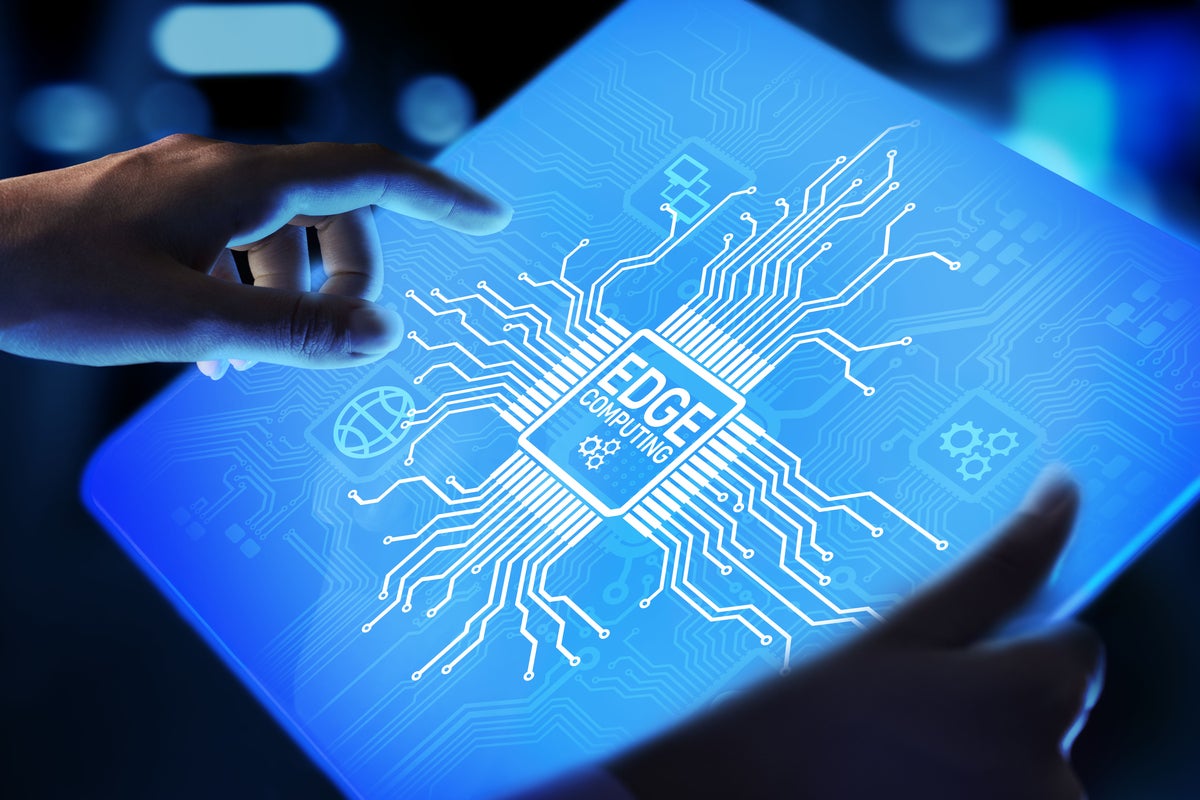- NotebookLM now lets you share your notebooks with anyone with a single link. Here's how
- Cornelis Networks offers alternative to Infiniband or Ethernet for HPC and AI networks
- Skip the iPad Pro and save $50 on Apple's newest 11th Gen iPad right now
- Claude Pro's two new features make this AI subscription even more enticing
- This Android smartwatch from 2024 still outperforms the competition - and it's on sale
AMD introduces Epyc server processors for the edge

AMD has formally launched its new Epyc 8004 Series processors, the fourth generation of server processors developed under the Siena codename. They’re specifically built for energy-efficient and differentiated platforms such as the intelligent edge, as well as for data center, cloud services, storage and other applications.
The 8004 product family ranges from eight cores to 64 cores. The 8004 core design is known as Zen 4c, as in compact. It has fewer cores, fewer PCIe lanes and fewer memory channels, but the payoff is in much lower power requirements.
In an era of ever-increasing power consumption, the 8004 series is going in the opposite direction. The product family has thermal design power (TDP) measurements ranging from about 70 to 225 watts. That’s more along the lines of a desktop processor than a server processor, which can often be double that number.
The 8004 also sports the new SP6 socket with emphasis on streamlined memory and I/O features. AMD claims that the 8004 series can provide up to 2x better SPECpower performance per system watt compared to Intel’s competitive products while balancing performance with energy efficiency.
AMD said its edge strategy comes down to the pervasive intelligence that is being put “in all sorts of equipment types in all sorts of places.” Some examples of this could be in restaurants or in smart cities in charging meters.
The release of Siena completes AMD’s family of fourth-generation Epyc processors with a total of four different processors aimed at different markets. This is in contrast to the last two generations, which featured just one product for all markets.
AMD started things last November with the release of Genoa, a general-purpose processor, followed by the release of Bergamo with a very high core count for the cloud and the high-performance Genoa-X processor for technical computing workloads
Copyright © 2023 IDG Communications, Inc.

